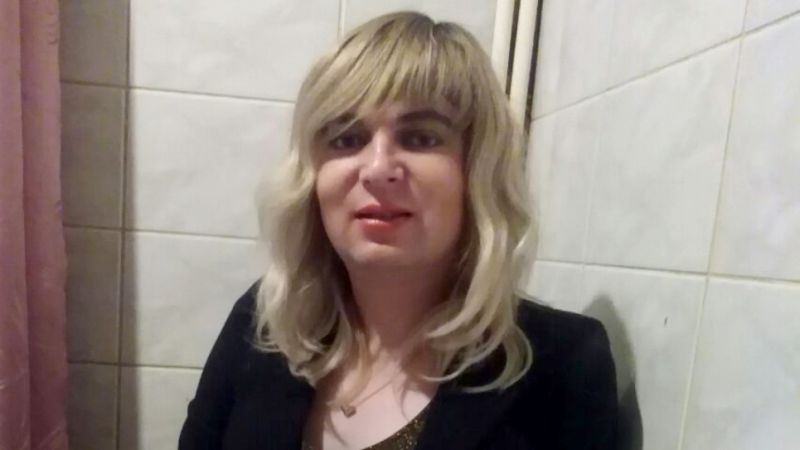Alyoshina said she is now “ashamed” of posts she made earlier this year announcing the move.
“I wrote and said this out of fear because gender reassignment and the non-existent LGBTQ+ movement are prohibited in the Russian Federation,” she said, adding: “I was born a woman in a man’s body.”
Then, in May, Alyoshina changed her Telegram channel back to her pre-transition name and uploaded a pre-transition profile photo, saying she had decided to revert to her birth gender during Orthodox Lent, citing “spiritual anguish.”
When the court responded that it doesn’t provide explanations on current laws, she said she felt terrified that “the state repressive machine could turn on.”
“I began sleeping poorly and waking up early, by springtime my anxiety and depression worsened,” Alyoshina said. The politician also feared that she might never achieve her life’s dream of undergoing gender reassignment surgery due to the new regulations.
She also remains vocal about the challenges faced by the LGBTQ+ community in present-day Russia, saying their rights are discriminated against and violated. “I hope my post will provide moral support to transgender people,” she said adding that it is currently impossible for a transgender person to change the documents even after an official medical diagnosis confirming their gender identity.
President Vladimir Putin signed a widely criticized law in July 2023 prohibiting nearly all medical help for transgender people including gender reassignment surgery, except for treating “birth anomalies” in children.
The legislation also bars transgender individuals from adopting children and allows authorities to annul their marriages.
This move, along with stringent laws passed in December 2022 targeting so-called “LGBTQ propaganda,” is viewed as part of Russia’s broader policy to enforce what it refers to as “traditional values” and suppress LGBTQ+ rights. These policies have been widely criticized by human rights organizations and have significantly impacted the lives of LGBTQ+ individuals in the country, leading to increased fears, marginalization and a climate of oppression.
In October 2022, when the State Duma passed the first reading of the anti-LGBTQ+ bill, Alyoshina decided to resign as regional head of the centrist, liberal-democratic Civic Initiative party and end her political career.
“I have no idea how to continue to conduct public political activity as an openly transgender woman,” she said in a Telegram post at the time. However, in 2023, Alyoshina returned and announced her plans to run for governor in the Altai region of Siberia, before later dropping that campaign.
When asked what Alyoshina was hoping to achieve for other transgender people in Russia by coming forward with this statement, she replied: “I would like to convey the message: Don’t give up, keep fighting. As long as we keep fighting, we are alive.”

